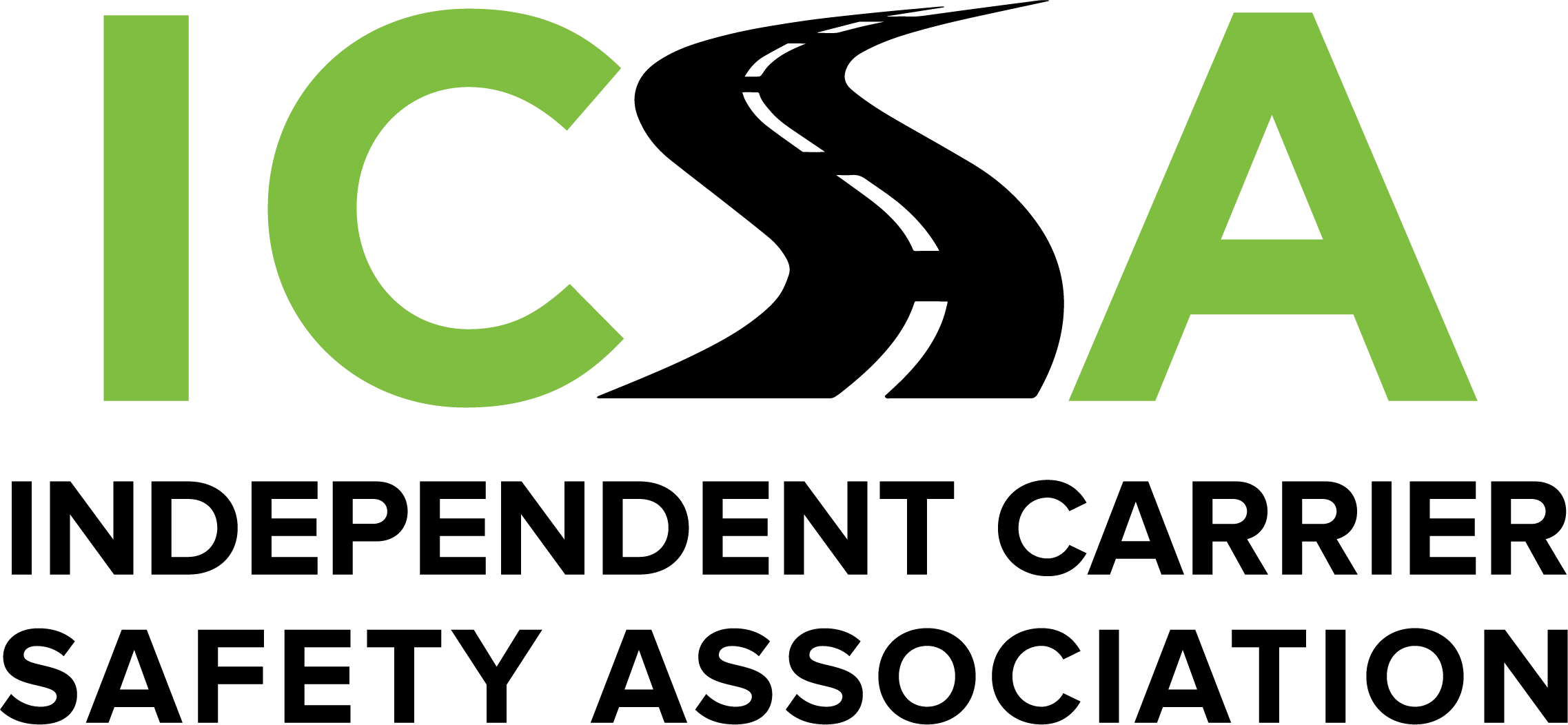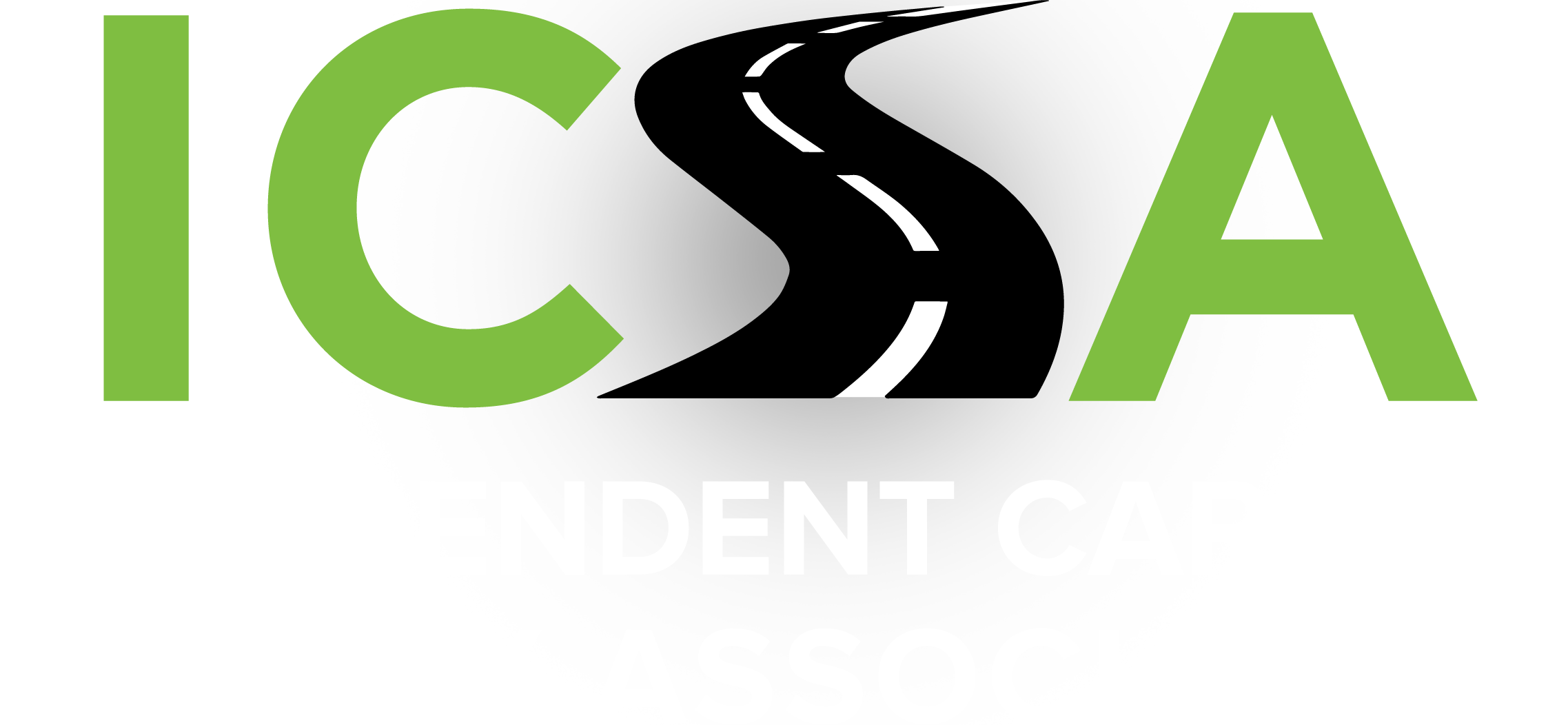Effective April 1, 2025, updated out-of-service criteria will determine the reasons your trucks, your drivers, and the freight you haul may be placed out-of-service (OOS) during an inspection. It’s critical that ICSA members understand out-of-service criteria because OOS conditions bring transportation to a halt until the problem is fixed. Citations issued for OOS conditions also carry the most weight when FMCSA evaluates a motor carrier’s overall safety.
The North American Standard Out-of-Service Criteria are maintained by CVSA, the Commercial Vehicle Safety Alliance, representing commercial vehicle inspectors from across North America. Every year CVSA gathers law enforcement, the trucking industry, and vehicle and component manufacturers to finetune the criteria, reflecting lessons learned during inspections, adjustments required by new equipment, and clarifications of existing criteria.
The entire North American Standard Out-of-Service Criteria can be purchased from CVSA at https://portal.cvsa.org/commerce/store. As reported by the Commercial Carrier Journal (CCJ), the 2025 updates (https://cvsa.org/wp-content/uploads/OOSC-Changes-Letter.pdf) include:
Driver Updates –
- A commercial learner’s permit (CLP) holder must be accompanied by a valid commercial driver’s license (CDL) holder who is authorized to operate the commercial motor vehicle for that trip. But if the CDL holder is in a prohibited status, such as for failing a drug/alcohol test, that is an OOS violation.
- A CDL holder must have a valid medical certificate regardless of whether the vehicle being driven is carrying property or people.
Brakes Updates –
- For electric trailer brake systems, an unplugged electrical cable is an OOS violation. But note – only one violation will be charged, rather than one for each brake affected.
- Similarly for air brakes, a disconnected service gladhand is an OOS violation. But there will not be separate charges for each air brake rendered inoperative.
- Under “Air Brakes Hose/Tubing,” the phrase “hoses and tubing that are crimped in such a manner as to restrict air flow” is removed as an OOS condition because brake manufacturers noted that crimping affects brake release more than brake application. Note, however, that other OOS violations cover inoperable brakes due to bad connections and crimps.
- Tractor brakes today come in dual-circuit systems. The updated OOS criteria say that both the primary and secondary system must be below 20 psi to result in an out-of-service violation. With the old single-circuit systems, one low pressure reading was enough.
Cargo Securement Update --
- Loose dunnage (materials used to support, protect, or separate cargo during transportation) was formerly listed as a driver OOS violation. It is now a vehicle OOS violation.
Lights Update –
- A separate section was added for projecting and overhanging load lamps. At times of day when power unit lights need not be turned on, illuminated load lamps are still required to alert following motorists.
Suspensions, Tires Updates –
- Cracked or broken u-bolt bottom plates are now OOS.
- When only the rubber of a mudflap is contacting the tire, it is not an OOS condition.
- A noticeable air leak from the tread area of a tire is an OOS condition unless the tire has an automatic tire inflation system (ATIS).
- An air leak from the sidewall of a tire is always an OOS condition, regardless of whether the tire has ATIS.
- Radial and bias tires are now treated the same way for OOS.

